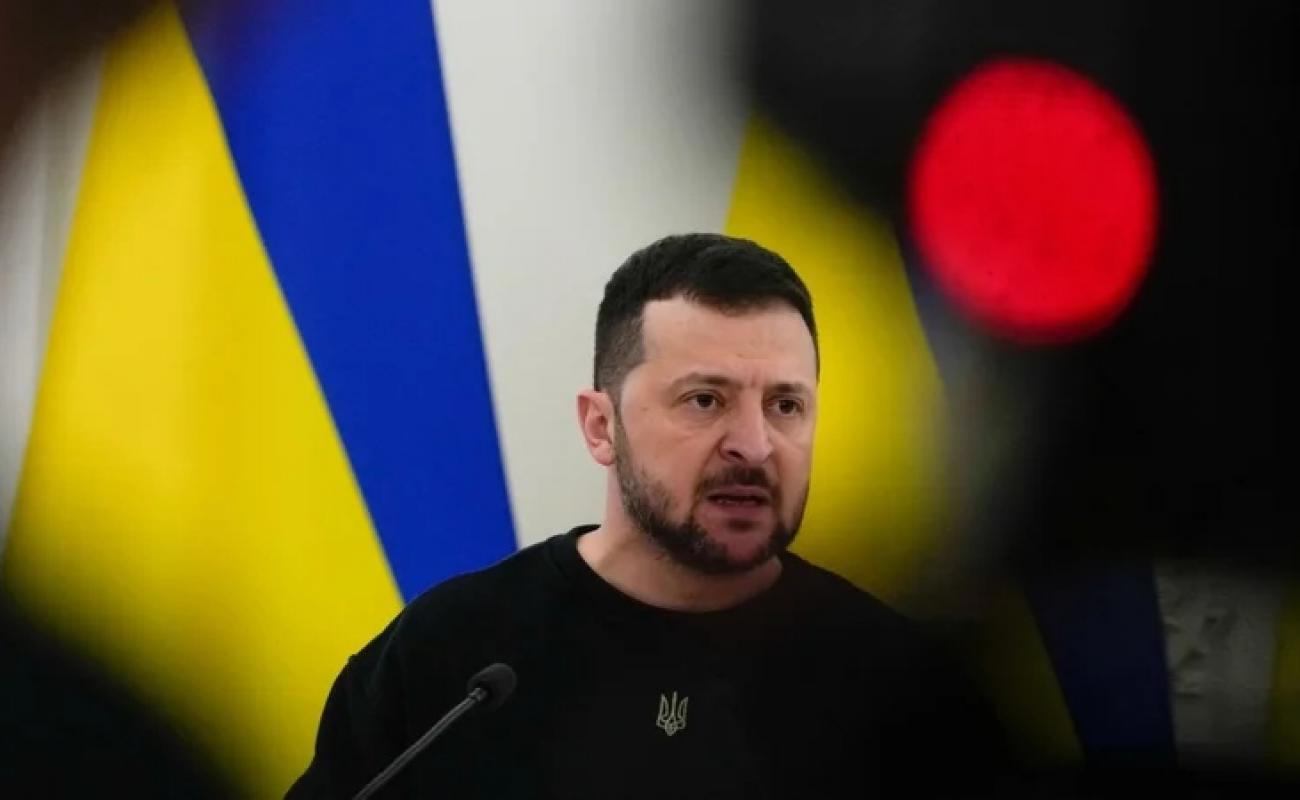2024 will be a decisive year for diplomacy. On illusions and reality for Ukraine

The question of what the post-war security architecture around Ukraine will look like is becoming increasingly acute. This will determine how the current war will end and how likely a new one will be.
The main challenge is to prevent security guarantees for Ukraine from becoming a bargaining chip in a hypothetical settlement with Russia.
The NATO summit in Vilnius in July 2023 showed that some key members are not yet ready to take practical steps to ensure Ukraine's accession to the Alliance. That starts with the United States, which the vast majority of members of the pro-Ukrainian international coalition look up to in this matter. However, the problem is not so much the absence of an invitation as the context. First, there was the expectation of how Ukraine's counteroffensive would end, and now, there is political disappointment in the West with its results. Against this backdrop, voices favoring a possible return to negotiations with Russia are becoming increasingly prominent.
Therefore, there are well-founded fears that the topic of Ukraine's potential accession to NATO may be included in the agenda of these talks, even if Ukraine does not officially abandon its Euro-Atlantic aspirations. Three main factors evidence this.
The main challenge is to prevent security guarantees for Ukraine from becoming a bargaining chip
The first is the situation on the battlefield. Exaggerated expectations of a counteroffensive with limited resources and untimely deliveries of weapons led to dissatisfaction with the results. However, instead of reassessing the course of action for the 2024 campaign, the West is growing increasingly confident that changes on the battlefield are unlikely to be achieved. For many, the current situation already looks like a certain stabilization of the front line.
The second factor is the complications for further support of Ukraine. A striking example is the pre-election turbulence in the United States and the EU's unwillingness to take on the role of leader, even temporarily.
The third factor is the need for a strategy for future relations with Russia. The West is still wary of any escalation between NATO and Russia. A cautious policy of weakening instead of defeating Russia automatically limits the ambitiousness of negotiations with Ukraine on its security future.
In this situation, proposals are being made to think about possible accession to NATO without the liberation of the occupied territories. However, for Ukraine, such discussions are counterproductive.
The main risk is that there are no guarantees that these discussions will result in Ukraine joining NATO. However, the consequences for support for Ukraine will be immediate: both military and financial assistance will steadily decline. Those who fear the infamous NATO-Russia escalation now will be equally wary of disrupting the talks once they begin.
Moreover, such a discussion would automatically freeze the contact line. It will be almost impossible to resume hostilities and attempts at de-occupation with the already reduced supply of weapons. It is hard to imagine that Western partners will not try to impose a political and, of course, implicit veto on Ukraine's offensive campaigns to liberate the territories.
Ukraine's attempts to sign so-called bilateral security guarantees deserve special attention on this diplomatic chessboard. The good news is that, in 2024, this process will take on a practical form, and the first agreements should be signed. However, it is essential that Ukraine and its partners still have different views on the function of these agreements.
Ukraine sees them as an intermediate step towards NATO membership, not instead of it. In light of all the reservations about Ukraine's membership in the Alliance, our partners may increasingly see this as an alternative to NATO. The difference here is fundamental: signing an interstate security cooperation agreement with a future NATO member is one thing, and another to sign one with a country that will remain outside of NATO.
The year 2024 will be decisive here. Despite the loud name, none of the future treaties will contain guarantees in the sense of NATO's basic principle of collective security and defense. Therefore, they cannot be an alternative a priori.
Illusions in the West must be dispelled: it is impossible to end or even freeze this war by creating analogs of the Budapest Memorandum or hoping for Minsk 3.0. Such "sacrifices" will automatically lead to a new stage of aggression: when armed support for Ukraine is minimal, the West will be relaxed by the "stabilization" of the front line, and the NATO issue will de facto be removed from the agenda again.
The text was published in the special issue of NV magazine, “The World Ahead 2024,” under the exclusive license of The Economist. Reproduction is prohibited.
